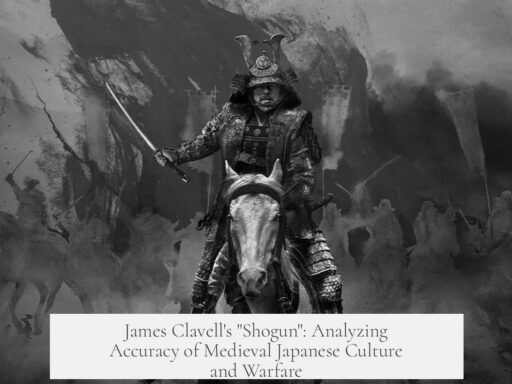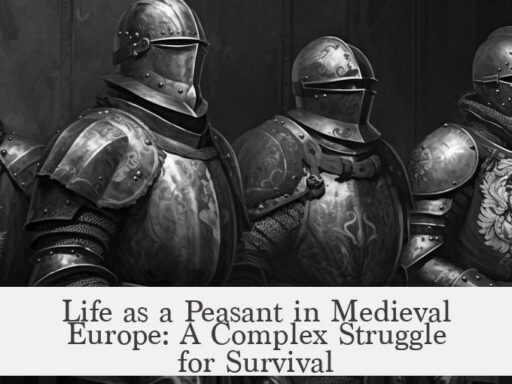George McClellan was not simply a bad general, but a complex figure with both notable strengths and critical weaknesses that defined his Civil War command. His skill in organizing and managing the Army of the Potomac showcased clear military competence. Yet, his cautiousness and political struggles undercut his battlefield effectiveness, limiting his legacy.
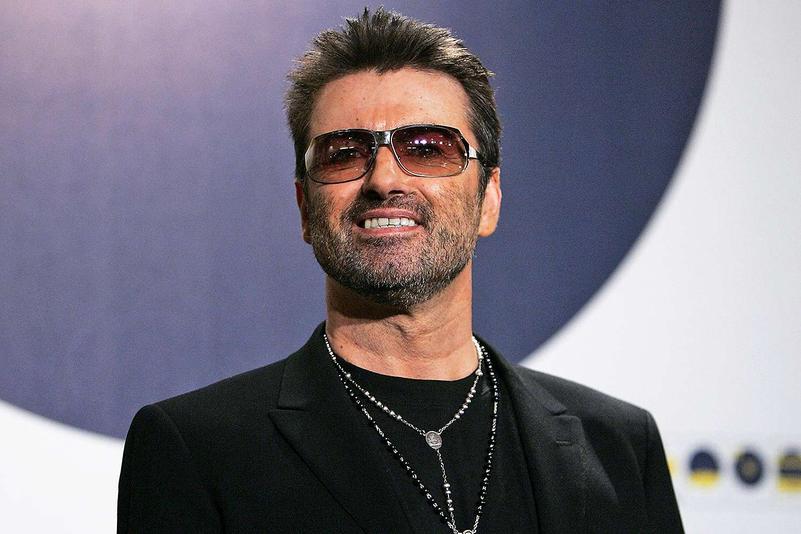
McClellan’s greatest strength lay in his organizational talents and logistical expertise. Before the war, he worked as a railroad engineer, gaining valuable experience that translated well to managing supply lines and coordinating troop movements. This ability was crucial during the Peninsula Campaign of 1862, where McClellan managed a vast and complicated invasion effort. Despite significant delays and errors, he pushed Union forces close to Richmond, the Confederate capital.
His leadership style commanded tremendous loyalty from his troops, particularly junior officers and enlisted men. McClellan actively sought to maintain their comfort and safety, boosting army morale. He contributed personally to the Army of the Potomac’s identity, fostering cohesion among his forces. This personal connection with his soldiers was a notable asset.

On the battlefield, McClellan demonstrated reasonable tactical skill. He attempted to maneuver General Robert E. Lee out of position and understood the value of secure supply lines and thorough preparations. Such caution is common among many respected generals, even if it prompts debate over their aggressiveness.
However, McClellan’s cautiousness also represented a significant weakness. He repeatedly overestimated enemy strength, convinced that Confederate forces outnumbered his own. This lack of decisive confidence prevented him from launching aggressive battles required to crush Lee’s army. His constant delay and failure to engage decisively allowed Confederate forces to evade destruction.
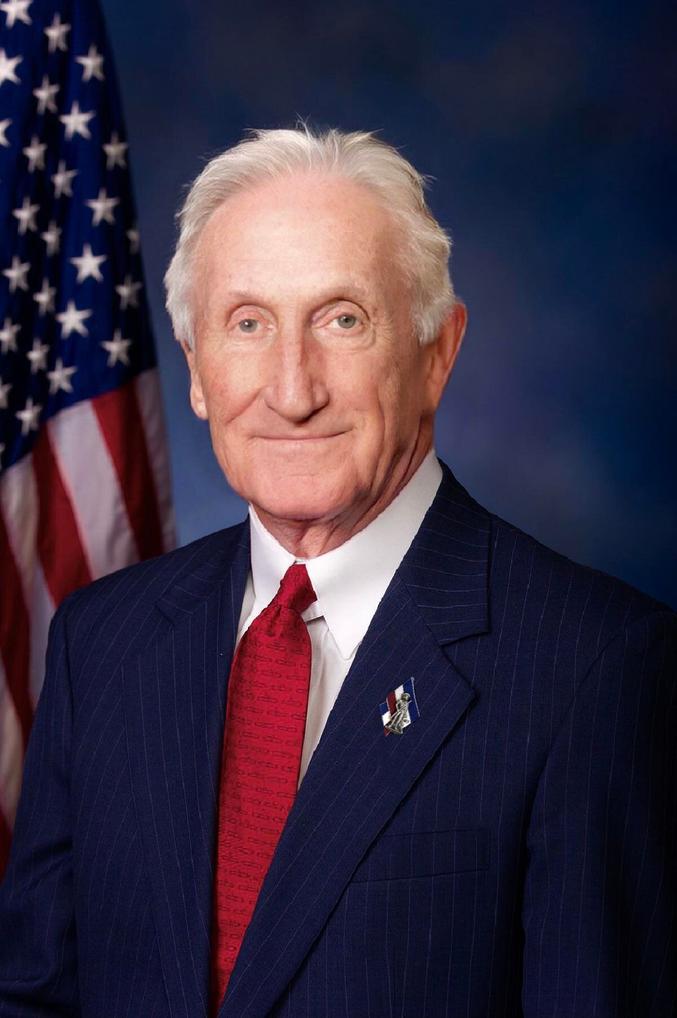
The Battle of Antietam starkly illustrated this issue. Though McClellan obtained Lee’s detailed marching orders, he failed to deliver a decisive victory. After intense fighting, Lee escaped back to Virginia, partly because the Army of the Potomac’s supply train horses were exhausted. This missed opportunity marked a turning point, cementing McClellan’s reputation for indecision.
McClellan’s strained relationship with President Abraham Lincoln further complicated his command. He alienated other Union officers and became increasingly defensive and petulant towards political leaders. McClellan’s ego and belief in conspiracies undermined his cooperation with Lincoln. At times, Lincoln mocked his cautious nature, highlighting the general’s difficulty in meeting political and military expectations simultaneously.

His personality and political ambitions also hurt his effectiveness. McClellan, a Democrat with conservative views on issues like abolition, struggled to align military action with the Union’s broader political goals. This disconnect reduced the coherence of the war effort. By blurring civil and military roles, his political stature complicated the chain of command and decision-making during a critical national crisis.
In sum, McClellan excelled at logistics and army morale but faltered in decisive leadership and political integration. His failures to aggressively engage Lee’s forces and his inability to align military strategy with political aims significantly limited his success. While not incompetent, McClellan’s cautiousness and ego made him an ineffective battlefield commander when bold action was essential.
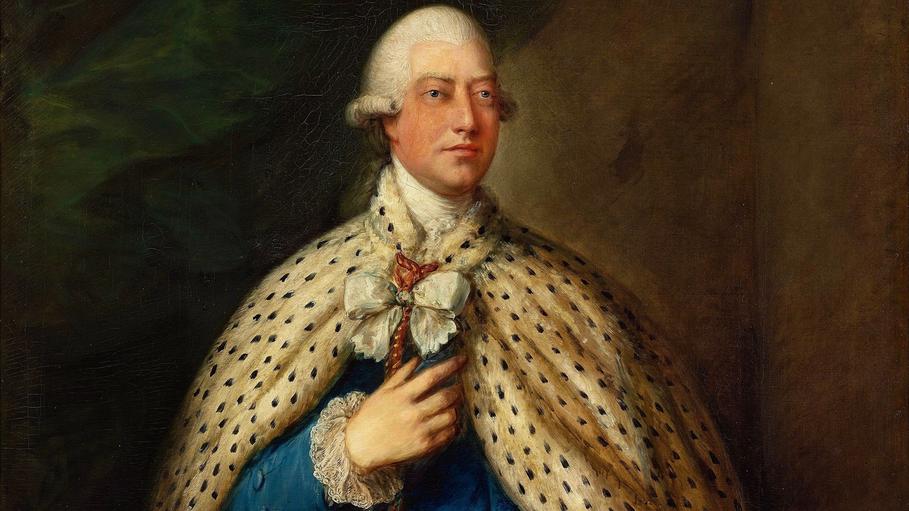
Key takeaways:
- McClellan’s organizational and logistical skills were exceptional.
- He maintained strong troop morale and personal loyalty.
- His cautiousness led to missed strategic opportunities, such as at Antietam.
- Overestimation of Confederate strength limited his decisiveness.
- Political conflicts with Lincoln strained military-political coordination.
- His personality and political ambitions undermined his role as general-in-chief.
- Overall, McClellan was a capable administrator but a limited battlefield commander.
Was George McClellan Actually That Bad of a General?

Short answer? Not entirely—but the answer definitely isn’t black and white. The Civil War’s George McClellan often gets a bad rap as indecisive and overly cautious. But is that a fair verdict? Today, let’s peel back the layers on this complex figure.
McClellan is remembered mostly for his cautious nature and inability to deliver a crushing blow to Confederate armies. Yet, he was also an organizational prodigy and beloved by men under his command. So how do we square these conflicting images?
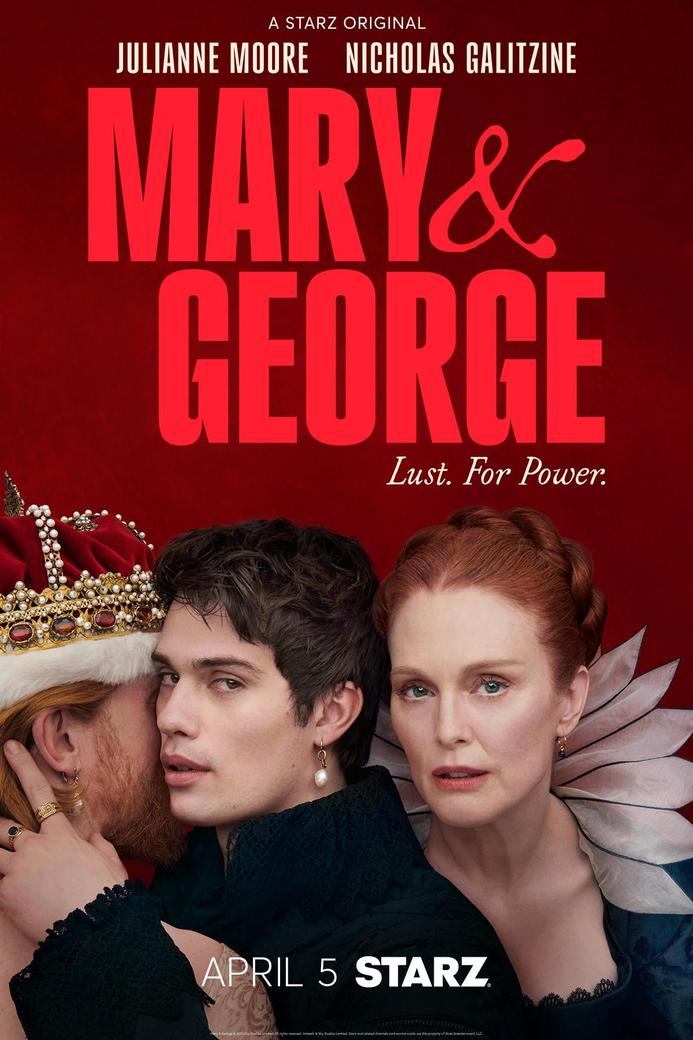
McClellan’s Organizational Genius and Popularity with Troops
Before plunging into battle critiques, we must recognize McClellan’s undeniable strengths. As a former railroad engineer, he had a natural talent for logistics—an essential but often overlooked element of successful military leadership. Imagine managing thousands of men, supplies, and movements across hostile territory without modern tech. McClellan orchestrated the intense and complex Peninsular Campaign with admirable skill and under tight time pressure. He drove the Union army **nearly to Richmond in 1862**, a feat many might overlook given the campaign’s ultimate failure.
His men loved him. Junior officers and enlisted soldiers admired the general who repeatedly looked out for their comfort and safety. Morale under his command soared because soldiers believed he cared deeply about them. Such personal leadership gave the Army of the Potomac a unique identity. Could the army have held together as well as it did without his steady presence? Probably not.
Some military historians credit McClellan with decent tactical instincts, particularly in his attempts to outmaneuver Robert E. Lee. His cautious preparation and insistence on secure supply lines are not without merit. Many renowned generals value caution—an excessive rush can ruin even the best-planned campaigns.
Cautiousness That Crosses the Line into Hesitation
Now for the less flattering side. McClellan’s caution often veered into paralyzing hesitation. He consistently believed he faced overwhelming enemy numbers, even when evidence suggested otherwise. This fear and lack of decisive confidence hampered his ability to seize opportunities.
Take the Battle of Antietam, for example. McClellan had Lee’s complete marching orders but still failed to press his advantage decisively. The battle ended in a tactical draw, allowing Lee to retreat safely. A major factor was the exhaustion of the Army of the Potomac’s horses during the pursuit—a logistical hiccup for sure—but the underlying strain was McClellan’s unwillingness to risk a pitched battle that might finish Lee’s army once and for all.
This inability to deliver quick, decisive victory frustrated his superiors and undoubtedly prolonged the war. If you command a “fine instrument,” but refuse to strike hard, it raises the question: Can you be called a “good general” if your fear prevents execution?
The Personality Politics of McClellan
McClellan’s personality added fuel to the fire. Described as egocentric, his self-perception sometimes interfered with practical command. Instead of working smoothly with political leaders like Lincoln and Halleck, he alienated many. His strained relationship with Lincoln was particularly notable. McClellan often came off as petulant and condescending, openly snubbing his commander-in-chief.
Lincoln himself joked sarcastically about McClellan’s habit of inflating enemy numbers—joking that if McClellan’s army grew to 200,000 men, he’d suddenly “discover” that Lee commanded 400,000. This tension wasn’t just personal bickering; it affected coordination and strategy on the Union side.
Adding to the difficulties was McClellan’s political ambition. As a Democrat and a conservative on abolition compared to radical Republicans, his military decisions sometimes clashed with the broader political goals of the Union leadership. The blurred lines between his civil and military roles made matters worse and further damaged his effectiveness.
Lessons from Antietam and the Larger Controversy
Antietam sealed McClellan’s reputation. Despite all advantages—knowledge of the enemy’s plans and superior numbers—he couldn’t secure a decisive *victory*. Lee slipped away to Virginia untouched, and the war dragged on.
Yet history shouldn’t view him as simply incompetent. He excelled at organization, personnel management, and logistics. His caution, while excessive, was not a flaw unique to him—histories celebrate many cautious generals who earned respect. The problem was his inability to balance caution with decisiveness when the moment demanded it.
So was George McClellan really that bad? Well, if we define “bad” as “incompetent,” no. But if a great general must also be decisive and unafraid to risk battle to end the war swiftly, McClellan does fail those marks.
What Can Modern Leaders Learn from McClellan?
Here’s a takeaway worth pondering: Effective leadership requires more than technical skill and popularity. It demands courage under pressure and alignment with broader objectives—especially political ones when politics influence your mission.
McClellan’s logistical brilliance shows the power of preparation and care for your team. Yet his story also warns about the dangers of letting ego and fear override action.
Next time you face a tough decision, ask yourself: Am I preparing diligently, like McClellan? Or am I hesitating too much, risking the chance to win? Balancing thoroughness with boldness might just be the difference between getting stuck in the mud or driving to the gates of victory.
Final Verdict
George McClellan is an enigma. He’s neither villain nor hero, but a reminder that leadership is complicated. He was a brilliant organizer and beloved by troops but hamstrung by fear and politics. It’s understandable why history’s consensus leans negative, yet we must appreciate the nuances.
So maybe next time someone labels McClellan “that bad,” remind them: He was a good general—but not a great one. And in war, that might be the difference between winning and just *not losing as badly as you could.*


